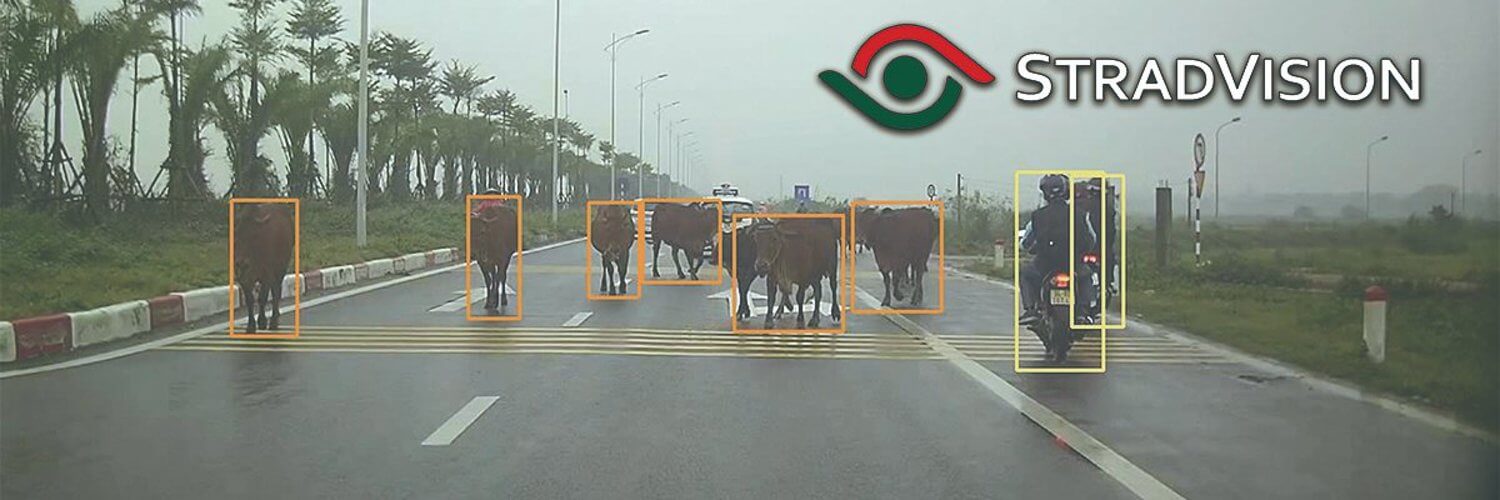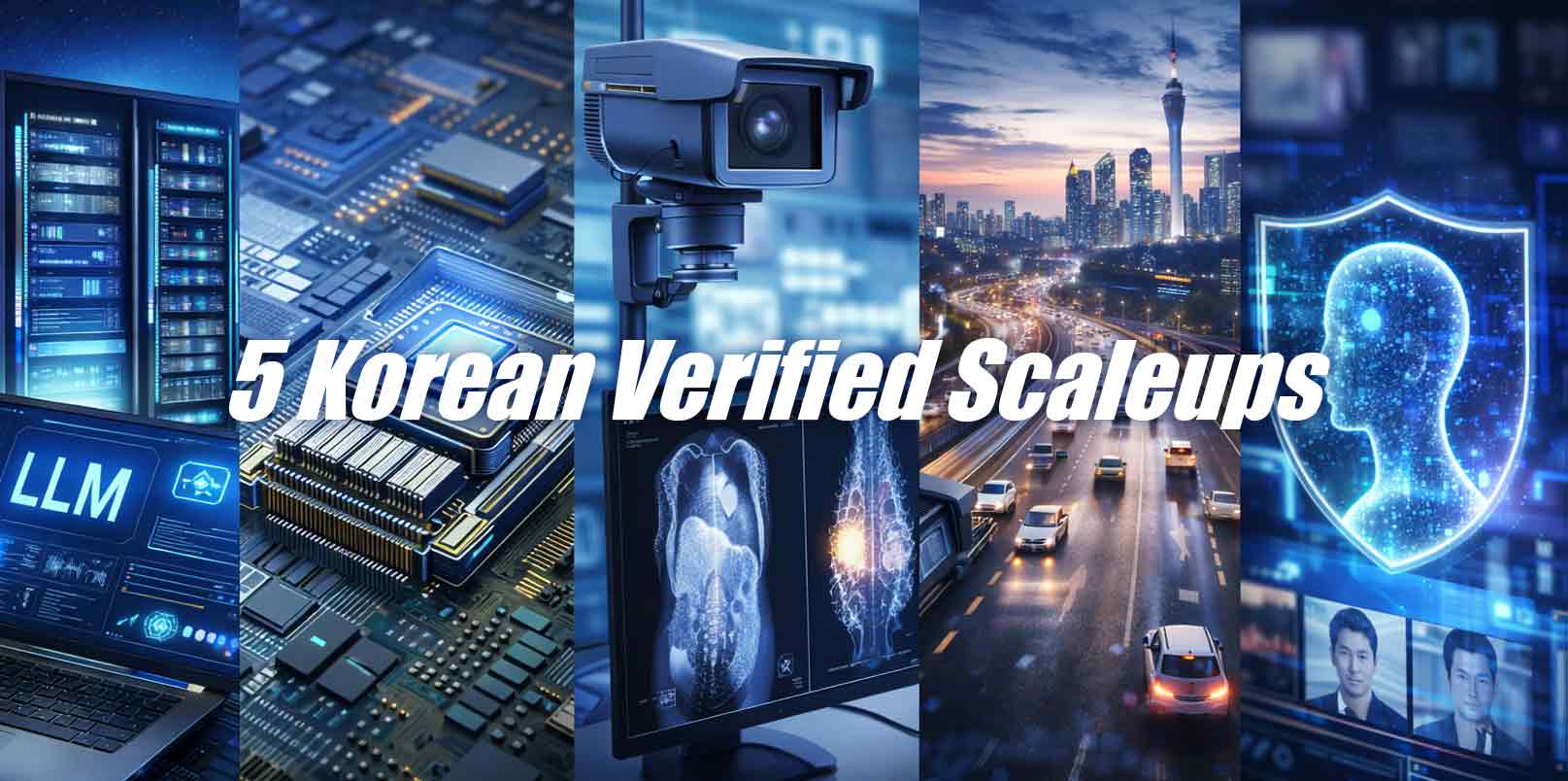Korean startup StradVision, which is developing technology for Autonomous vehicles and systems, has achieved a prestigious recognition that establishes its identity as a ‘future unicorn.’ StradVision, whose AI-based camera perception software is a leading innovator in Advanced Driver Assistance Systems (ADAS) and Autonomous Vehicles. The startup has been selected by South Korea’s Ministry of SMEs and Startups as one of 15 preliminary unicorns – dubbed “pre-unicorns” – in a competition for promising new tech companies. This selection allows StradVision to be guaranteed up to US$10 million in government support.
StradVision Joins South Korea’s K-Unicorn Project, a Tech Industry Investment Program for Fast-Growing Startups!https://t.co/EWSUi5HdfG#StradVision #Unicorn #Startup #ADAS #selfdriving
— StradVision (@stradvision) July 30, 2020
Selection as a “pre-unicorn” with promising future
In January 2020, the Ministry of SMEs and Startups launched the “K-Unicorn Project” to provide government support to a wide range of domestic tech startups, with applicants applying as either a “baby unicorn” or “pre-unicorn.”
“Baby unicorns” are defined as companies less than seven years old with between US$2 million and US$10 million in investment, with 40 finalists chosen from 254 applicants for US$300,000 in support funding. A smaller group of 15 more seasoned “pre-unicorns,” such as StradVision, were selected from 66 applicants and guaranteed up to US$10 million in government assistance.
Applicants were reviewed by both a professional review team and a public review team, which considered factors including growth potential, innovation, and track record. All aspire to become a bonafide “unicorn,” or an unlisted tech company valued at more than US$1 billion.
Striving to revolutionize self-driving technology
“Through this selection of preliminary unicorns by South Korea’s Ministry of SMEs and Startups, we will be reborn as a true unicorn company by applying SVNet – which is made with pure domestic technology – to self-driving cars around the world,” said Junhwan Kim, CEO of StradVision.
StradVision’s pioneering SVNet software allows ADAS and autonomous vehicles to detect and identify objects accurately, such as other vehicles, lanes, pedestrians, animals, free space, traffic signs, and lights harsh weather conditions or poor lighting.
Compared with competitors, SVNet is compact, requires dramatically less memory capacity to run, and consumes less electricity. It can also be customized for any hardware system thanks to StradVision’s patented and cutting-edge Deep Neural Network-enabled software.
To achieve surround vision, SVNet’s camera and deep learning-based capabilities work seamlessly with other sensors such as LiDAR and RADAR to process collected road data with high speed and accuracy.
StradVision’s software has obtained China’s Guobiao certification and the coveted ASPICE CL2 (Automotive Software Performance Improvement and Capability Determination Containment Level 2) certification. It is being deployed in 9 million vehicles – such as SUVs, sedans, trucks, and self-driving buses – worldwide in partnership with five of the world’s top auto OEMs. StradVision’s global partners also include NVIDIA, Hyundai, LG Electronics, Texas Instruments, Qualcomm, and Toshiba.




